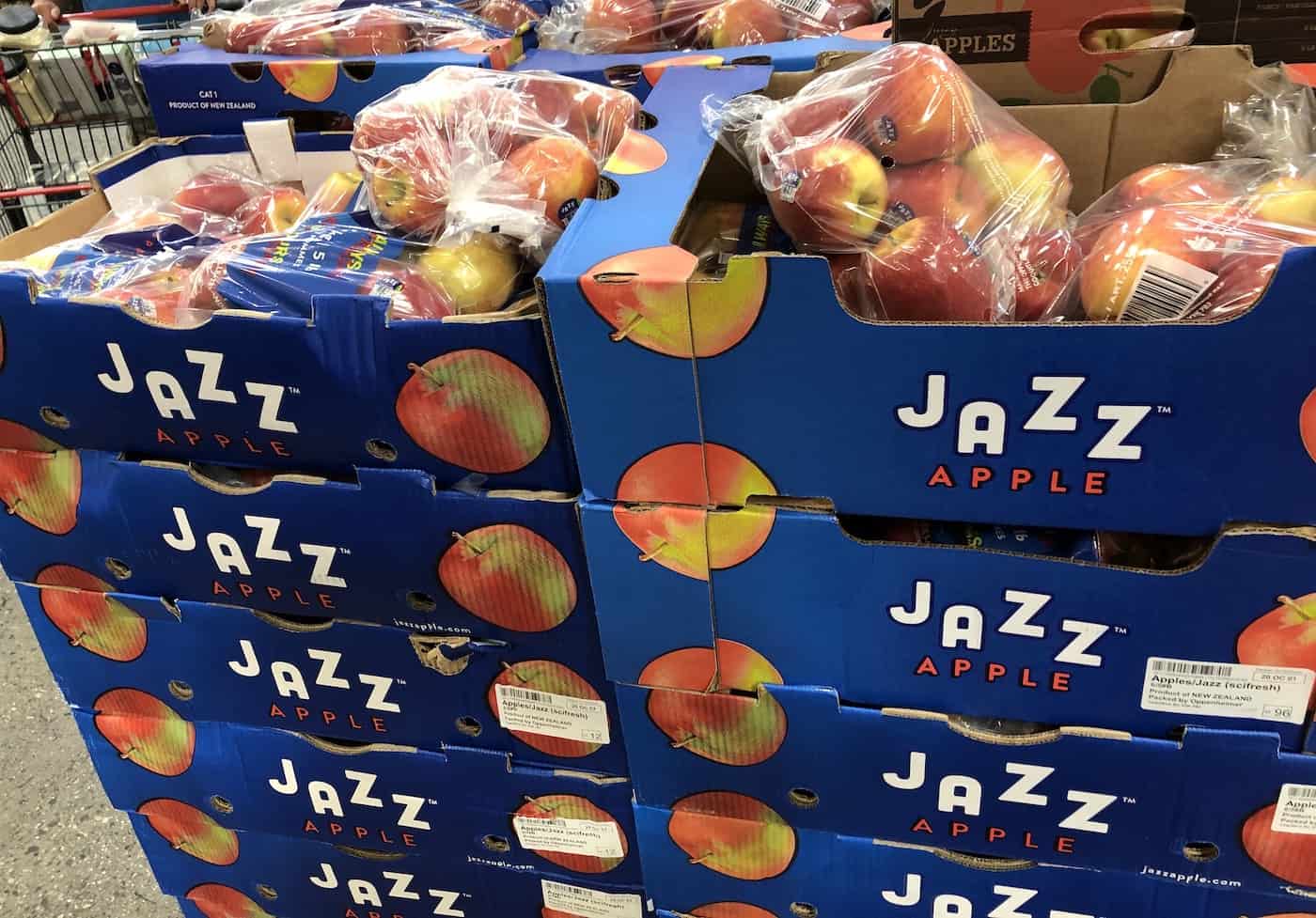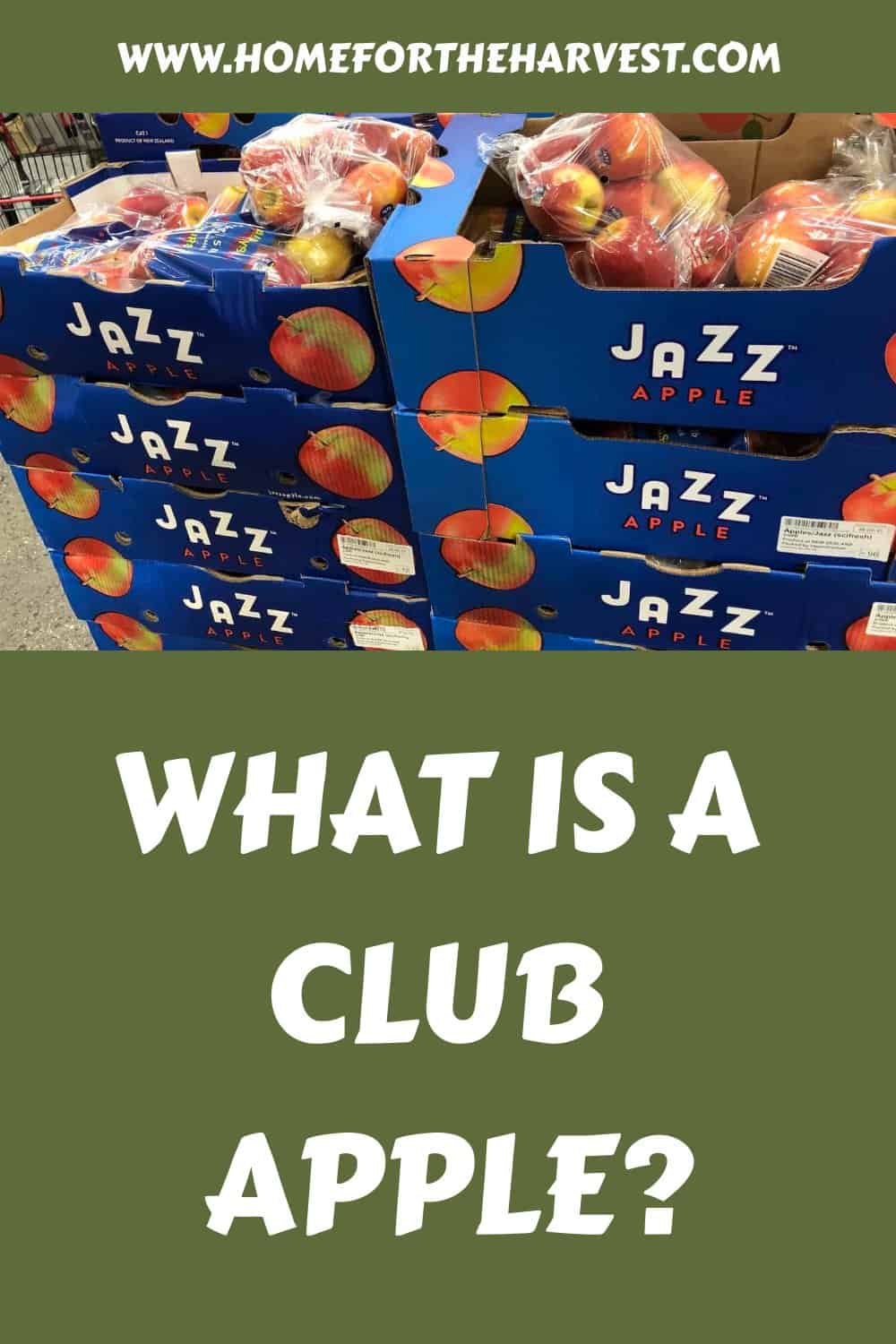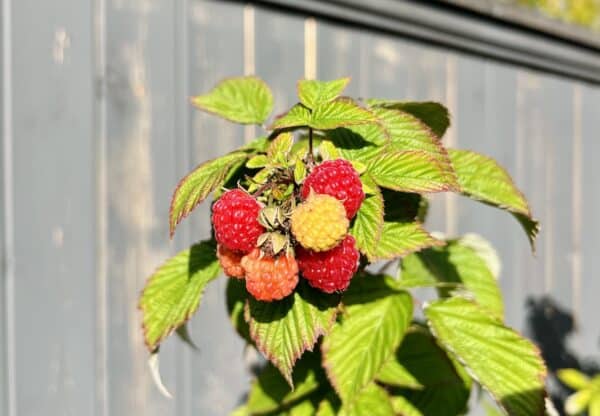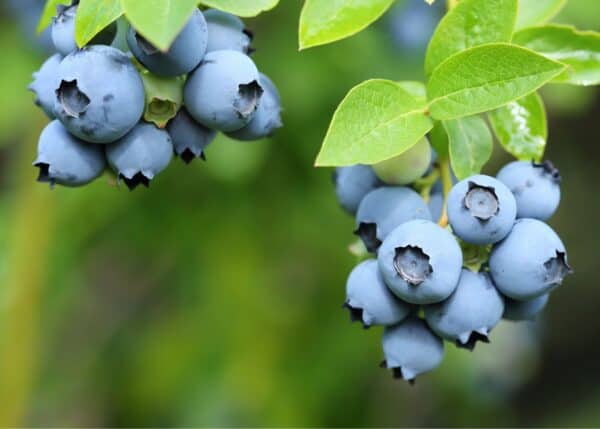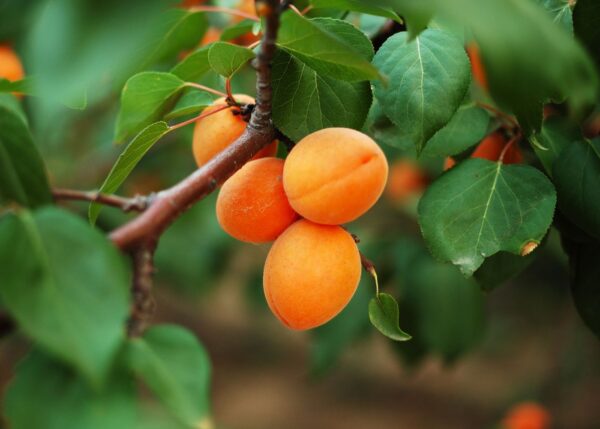A club apple is a brand-name apple. These specific apple varieties are grown and marketed under a controlled and limited licensing agreement.
Unlike common apple varieties, which any farmer can plant, club apples are grown by a select group of orchardists who have obtained a license to do so. This model manages the quality, volume, and distribution to ensure the consistency needed for a premium market segment. Popular club apples include the Jazz, Pink Lady, Envy, SweeTango, and Cosmic Crisp varieties.
Introduction to club apples
A club apple is a specific cultivar that is marketed and sold under a brand or licensing agreement. These apples are often proprietary, meaning they are controlled by a specific organization or group of growers who have exclusive rights to produce and sell them.
Club apples are typically developed by professional plant breeders to create unique flavors, textures, and appearances. The exclusivity of club apples helps maintain quality standards and ensures consistency in the marketplace. Consumers often seek out club apples for their distinct taste and characteristics.
Club apples are patented apple varieties with tightly controlled production, distribution, and marketing. While anyone can walk into a nursery and buy a McIntosh apple tree, only licensed professional growers can grow club apple varieties. Patented apple varieties like Jazz and Envy can only be grown by these specific growers who meet club brand requirements and pay the licensing fee.
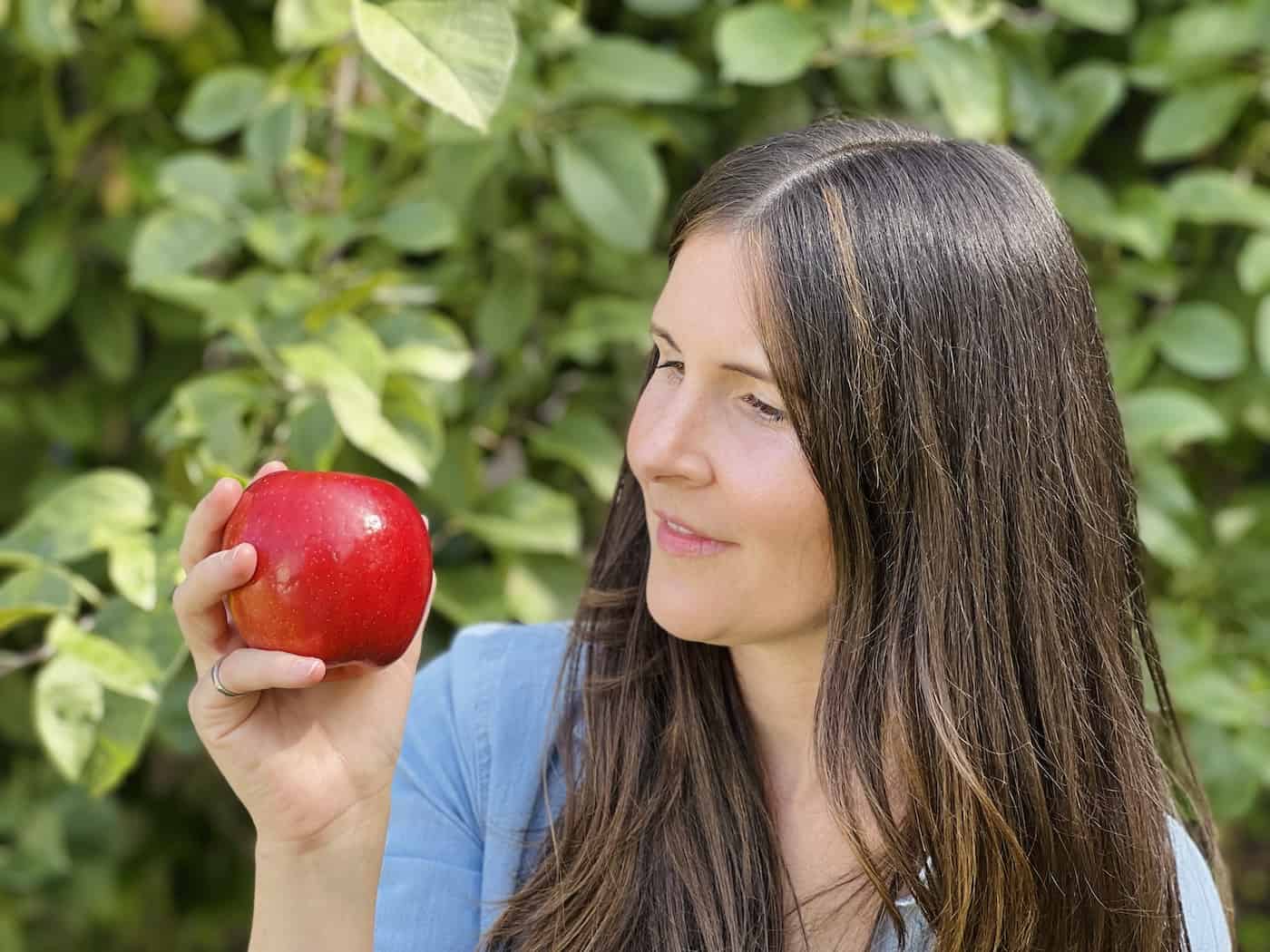
Popular club apples on the market
Here are some of the most popular brands of club apple available:
Licensing and royalties
Each club variety is developed as intellectual property with unique characteristics that set it apart from others. They’re patented by specific entities like companies or universities who then grant exclusive rights to select growers through licensing agreements.
This exclusivity can significantly influence pricing and availability dynamics on both the grower’s end as well as the consumer’s end. On average, club apples are about 30% more expensive than classic varieties.
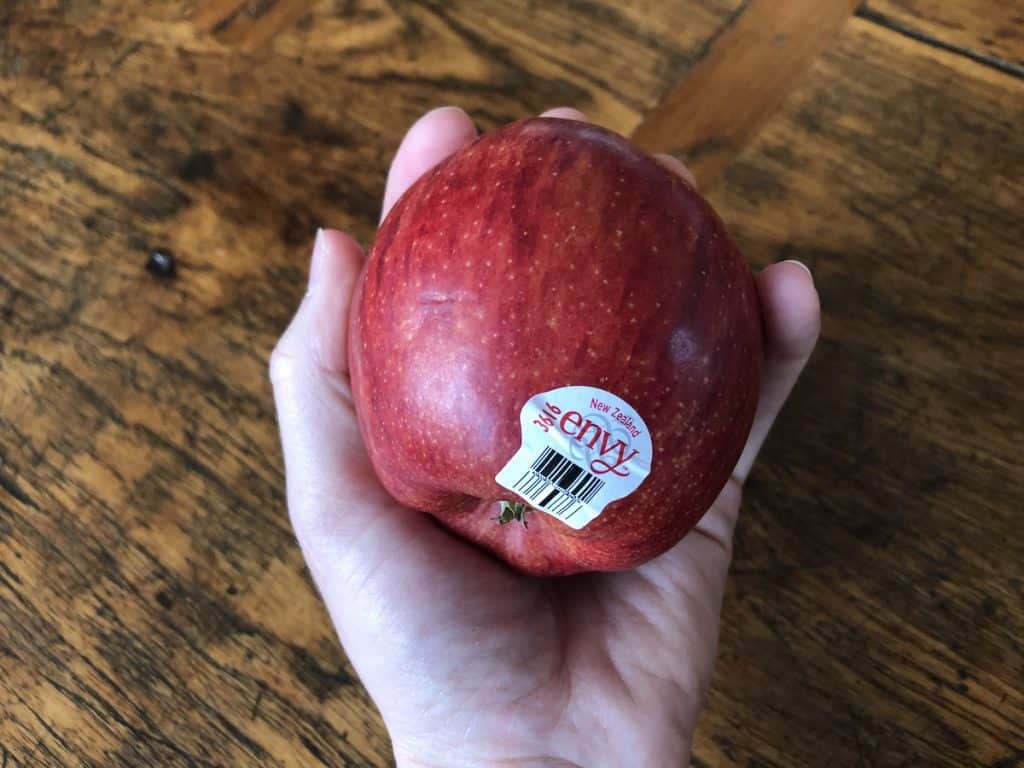
Apple cultivar patents
Club apples maintain their exclusivity by patenting the variety of apple tree. In the USA, plant patents generally expire 20 years from the filing date of the patent application. When the patent expires, the subject matter of the patent moves to the public domain.
For instance, let’s look at the classic club apple ‘Jazz’, which is a cross of ‘Braeburn’ and ‘Royal Gala’. The Horticulture and Food Research Institute of New Zealand Ltd filed for Plant Patent USPP13888P3 (Apple tree named ‘Scifresh’) in 2001. This patent expired in 2021.
In 2008, the NZ institute filed a new patent for a different cross of ‘Braeburn’ and ‘Royal Gala’ called ‘Envy’. The Envy apple patent is still active and is not anticipated to expire until 2028.
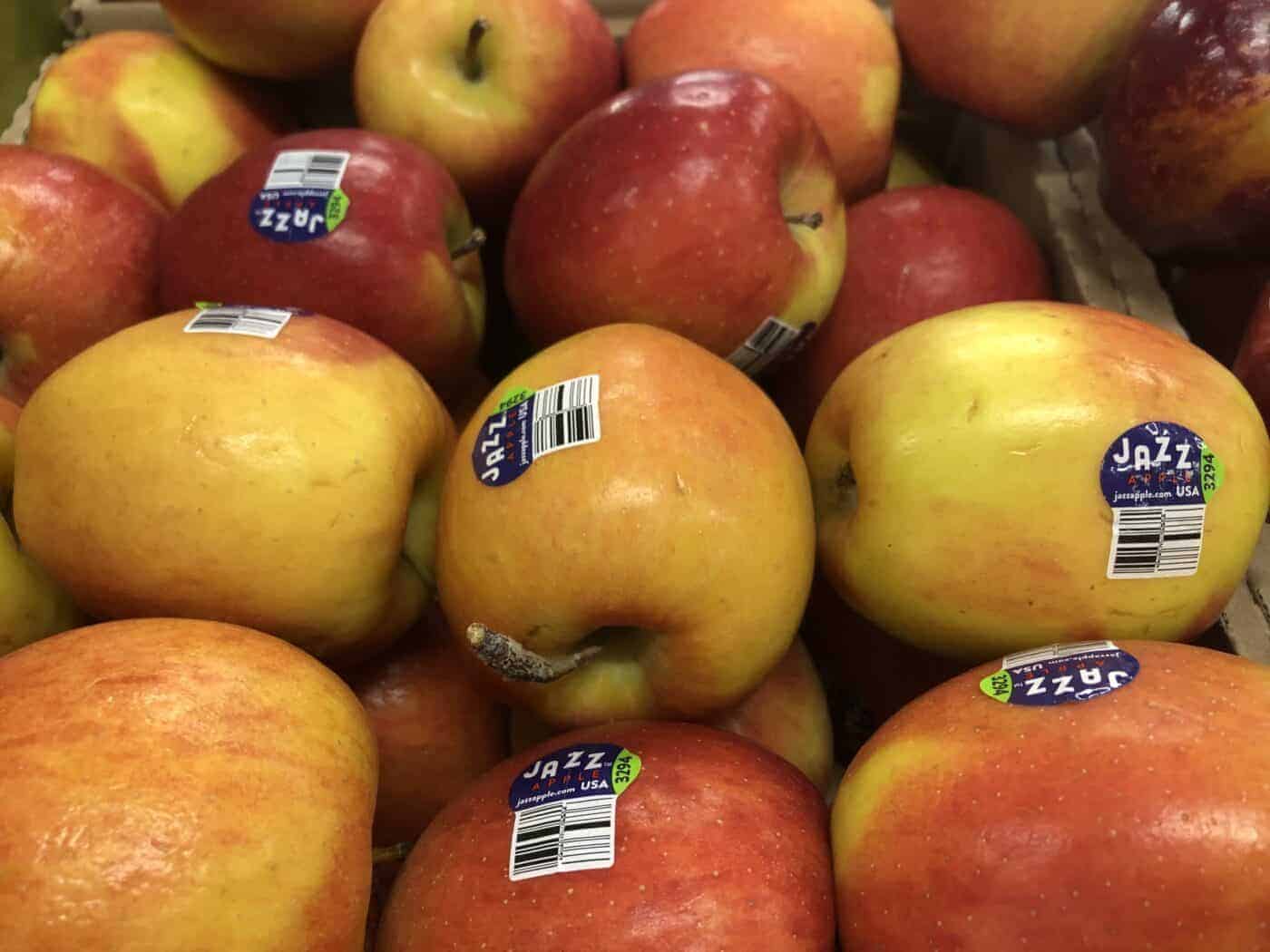
Patent filing and expiration dates
Here are the approximate original patent filing and (estimated) expiration dates for popular club apple cultivars:
- Pink Lady: filed 1990, expired 2010 (USPP7880P)
- Cameo: filed in 1993, expired in 2013 (USPP9068P)
- Jazz: filed 2001, expired 2021 (USPP13888P3)
- Kanzi: filed in 2002, expired in 2023 (USPP17201P3)
- Opal: filed 2004, expiring in 2024 (USPP15963P2)
- SweeTango: filed in 2006, expiring in 2026 (USPP18812P3)
- Envy: filed 2008, expired 2028 (USPP20477P3)
- Cosmic Crisp: filed 2012, expiring in 2032 (USPP24210P3)
Please check current patent records for updated filings.
The rise of club apples in the fruit market
Club apples have been gaining traction in the fruit industry for decades. By 2018, around 40% of new apple acreage in Washington was dedicated to growing club varieties. They’ve carved out their niche among consumers and now comprise about one-fifth of retail apple sales.


